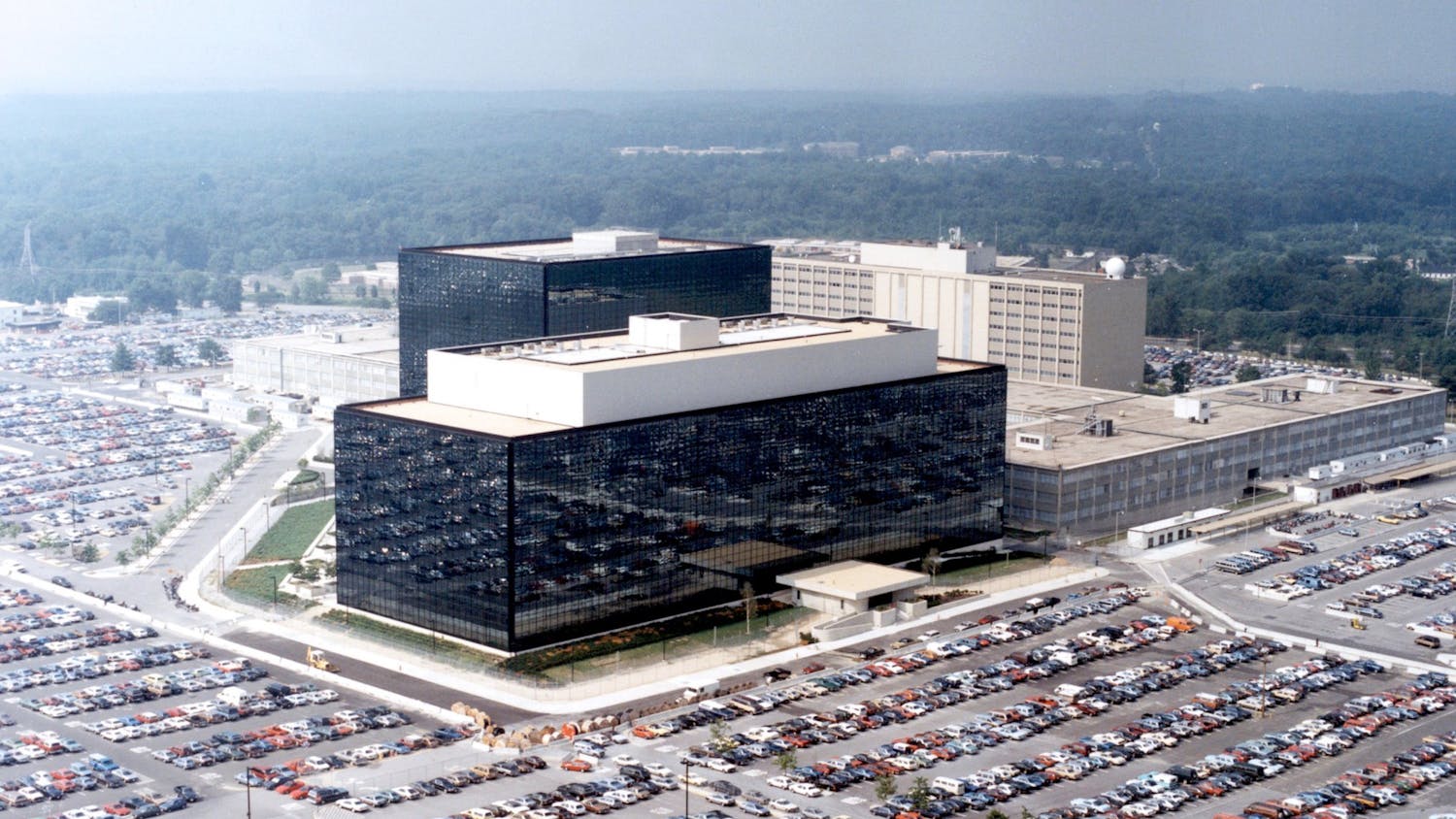Only a month after taking office, President Joe Biden’s administration has already shown that its policy approach to the Kingdom of Saudi Arabia marks a distinct shift from the previous administration’s policies.
But that is not enough.
Biden has committed to pushing for an end to human rights violations and to decrease the U.S.'s entanglement with Saudi Arabia's abuses, telling the American people and the world that "We are going to hold [Saudi Arabia] accountable for human rights abuses." To fulfill Biden's ethical obligations and campaign promises to end the U.S.'s role in the Yemeni civil war's tragedies, he must immediately terminate American arms sales to Saudi Arabia.
Despite a stated commitment to human rights, the U.S. often struggles to fully realize that mission. Abroad, the consequences of the U.S.'s inadequacies can be devastating. When the U.S. hesitates to react to atrocities, especially those committed by our allies, the lack of action comes across as apathetic tolerance. In Saudi Arabia, human rights violations run rampant. On top of the U.S.'s reluctance to condemn Saudi Arabia, the U.S. has supplied Saudi Arabia with the tools to cause tragedy. In 2019, the U.S. exported $3.14 billion of arms to Saudi Arabia. The resulting Saudi airstrikes and violence in Yemen have significantly contributed to the widespread starvation, death and disease by disrupting the supply chain and forcing internal displacement.
During former President Donald Trump’s term, the president granted Saudi Arabia flexibility for its transgressions, sometimes contradicting his own administration and vetoing Congress’s attempts to end the arms deals and to confront Saudi Arabia’s human rights violations. Trump supported the crown prince’s mass arrests of political opponents and dissenters, authorized $110 billion worth of arms sales to Saudi Arabia and dismissed credible allegations of Saudi Arabia’s transgressions as speculative.
Biden now faces the pressure of making up for the lost time. His administration has temporarily frozen Trump-approved U.S. arms sales to Saudi Arabia to review whether Saudi Arabia would use the weapons in the Yemeni civil war. The State Department has also enacted the “Khashoggi Ban” — visa restrictions on 76 Saudis suspected of human rights violations. Yet, Biden still hesitates and is reluctant to directly confront the crown prince out of fear of pushing the Saudi government to become unwilling to cooperate with other U.S. interests in the Middle East, such as in the Syrian civil war, counterterrorism efforts and intelligence sharing about Iran. Realistically, the crown prince will go directly unpunished; but that is no reason for the U.S. to look the other away. While the U.S. cannot change the actions of the Saudi government, it can end the U.S.’s role in the violence.
If the objective is preserving and growing a relationship with Saudi Arabia as a geostrategically critical ally, the current methods are unsuccessful. On top of weapons, the U.S. provides Saudi Arabia with engineers, education, trade and economic development, while Saudi Arabia offers false promises of stability and prosperity in the Gulf region. Not only does the U.S. not hold Saudi Arabia accountable for its human rights abuses, the U.S. also does not hold Saudi Arabia to its commitments to the U.S. Despite the empirical evidence that states that receive U.S. military aid are less cooperative than states that do not, the U.S. continues to attempt this strategy to earn a partnership with Saudi Arabia. The U.S. has lost control of the relationship. Supplying Saudi Arabia with arms is a failing strategy that will only allow Saudi Arabia to continue to exploit its alliance with the U.S. Reevaluating the alliance by ending arms deals and holding Saudi Arabia responsible for its wrongdoings is the only way to create a meaningful alliance between the two countries.
Justifications for continuing arms sales primarily cite maintaining regional peace by balancing Iranian military power. The United Arab Emirates’ Washington, D.C. embassy emphasized the vital role of weapons as deterrents of violence and reassurance to allies. However, the use of American weapons by Saudi Arabia has not effectively deterred Iran. Instead, American weapons have perpetuated regional violence by dispersing throughout the Middle East, falling into the hands of al-Qaida, Salafi militias, Iranian-backed rebels and other factions fighting in Yemen, fueling Middle Eastern violence.
If handled correctly, the Biden administration has the potential to redirect the U.S.'s path toward upholding human rights and dignity. But, if his administration condones Saudi Arabia’s abuses as the previous administration did, the U.S. will not be just Saudi Arabia’s ally. The U.S. will become its accomplice.



